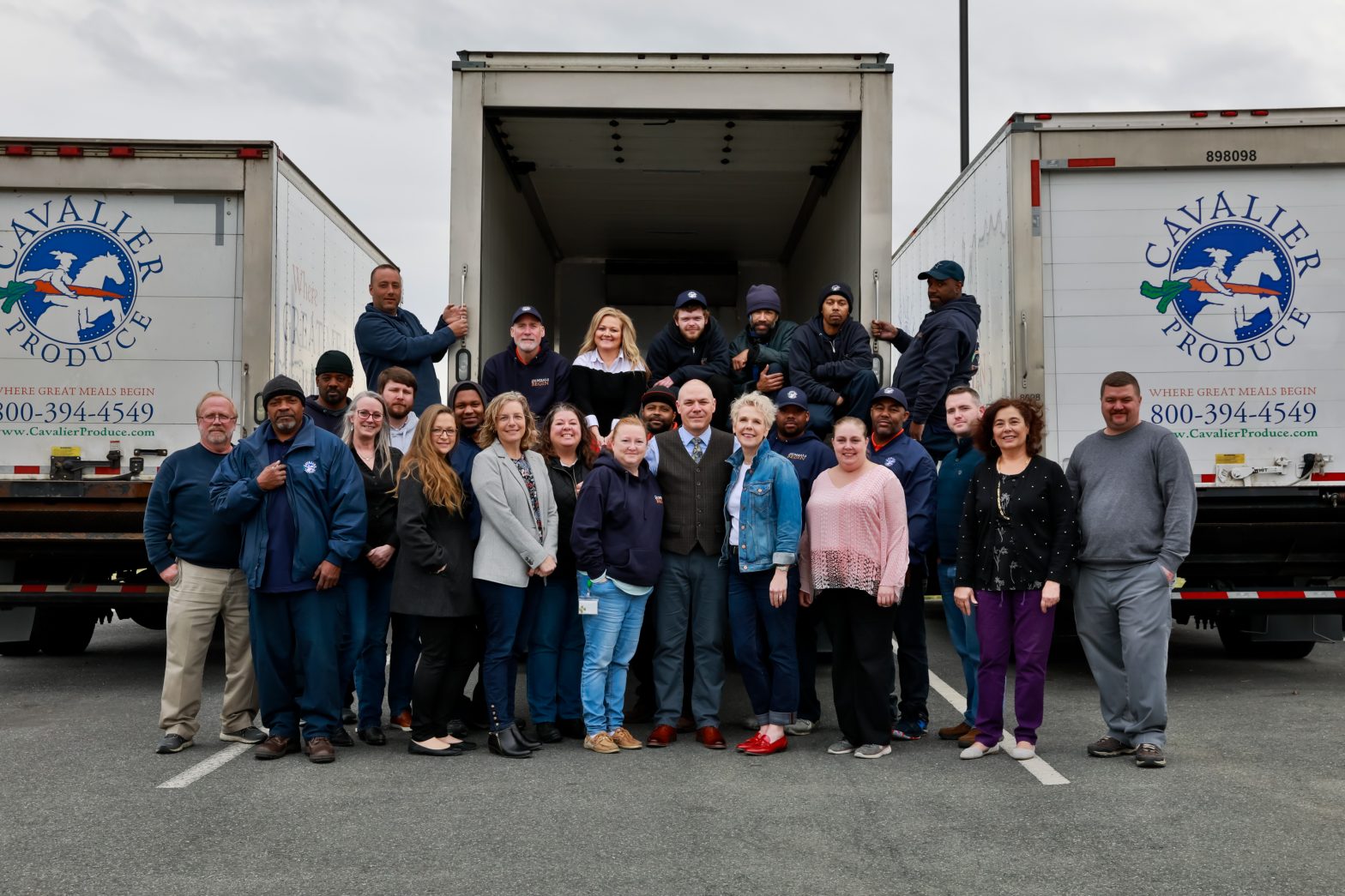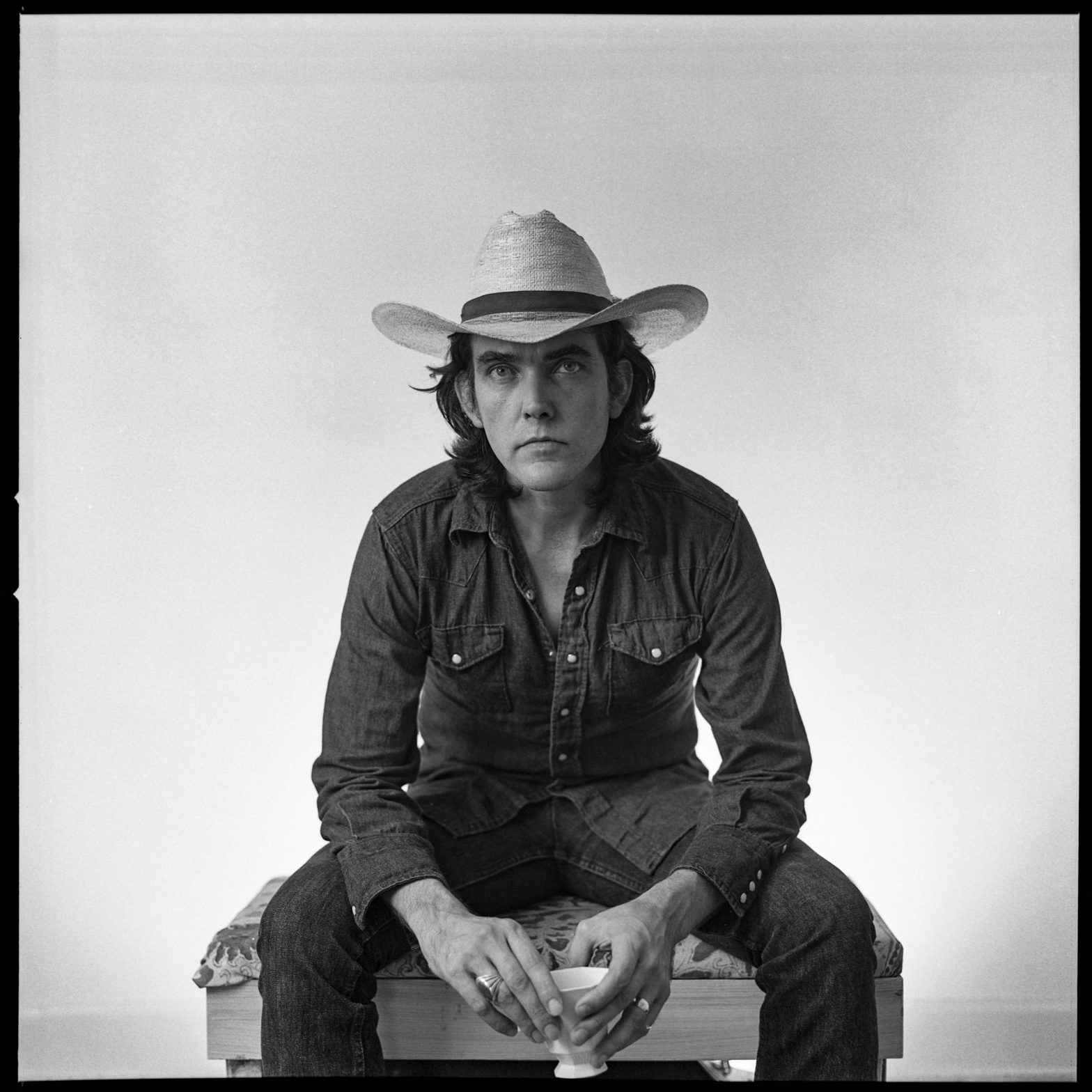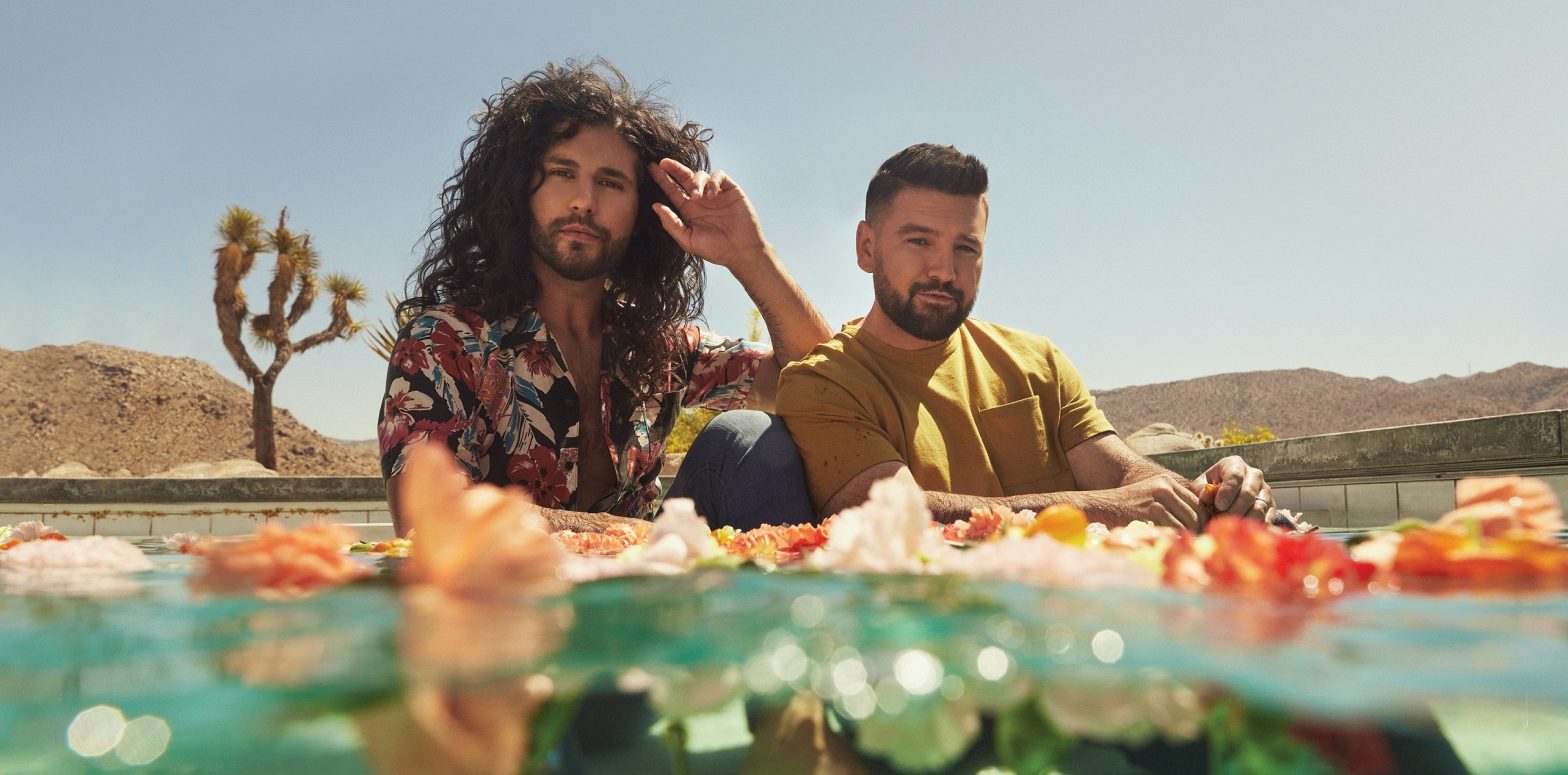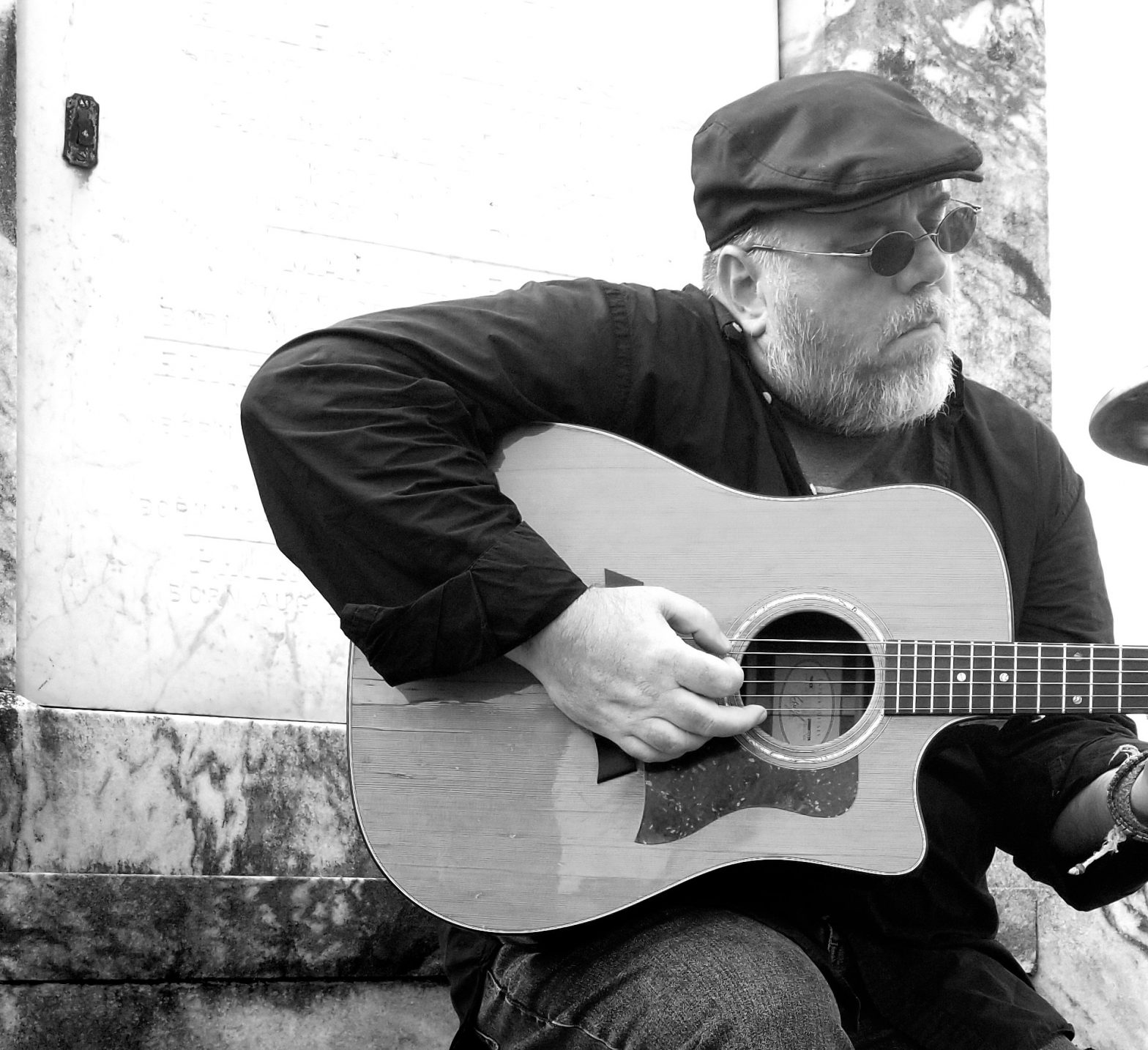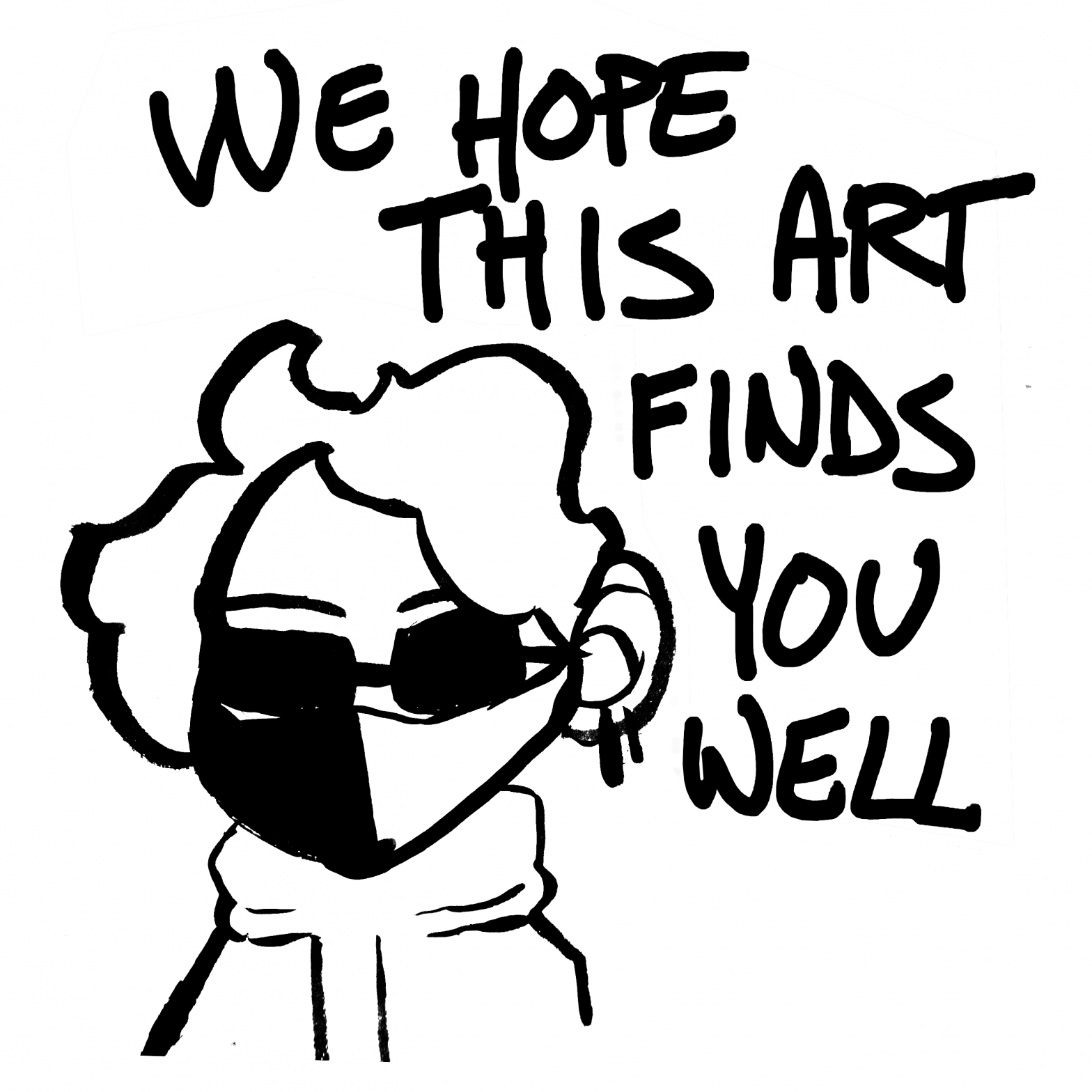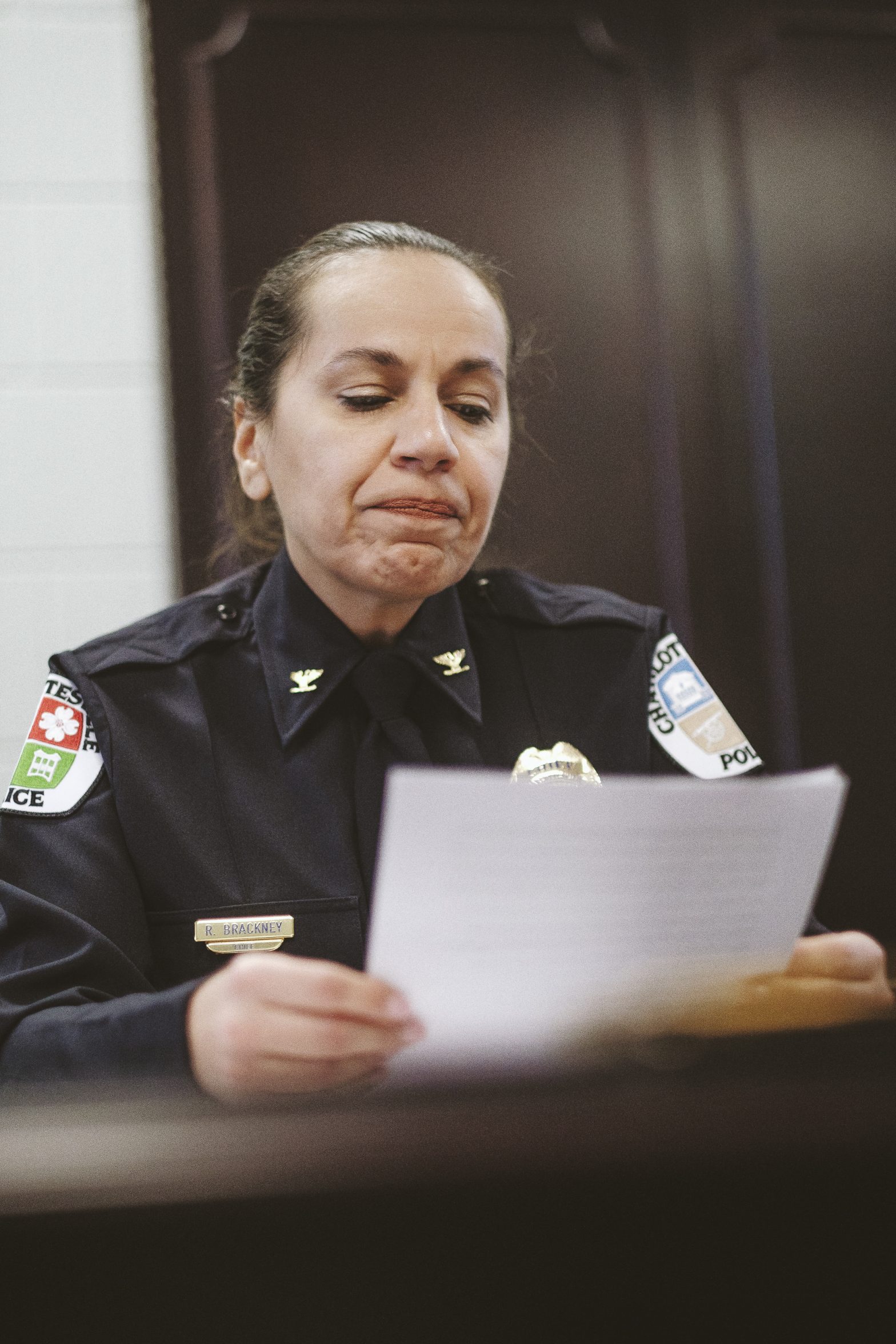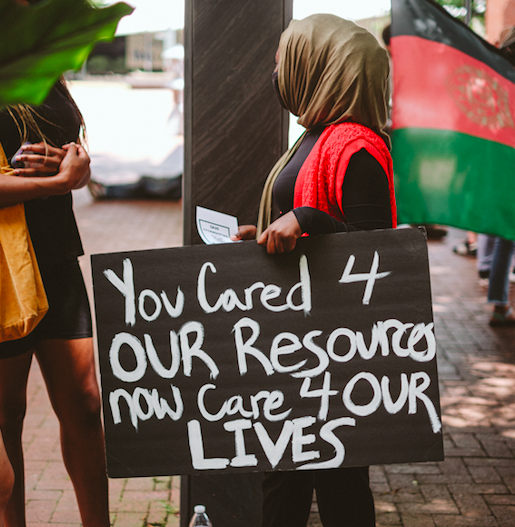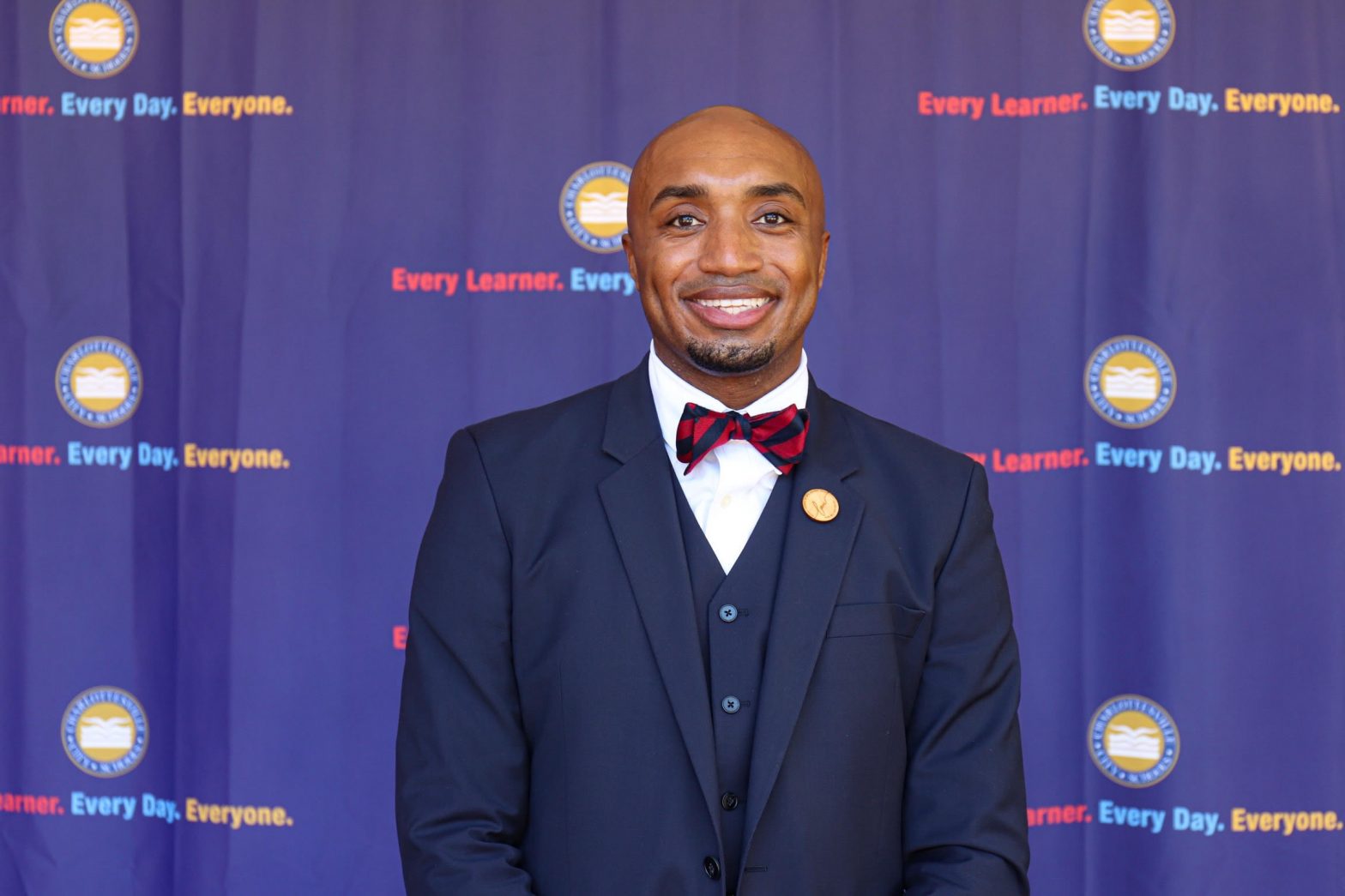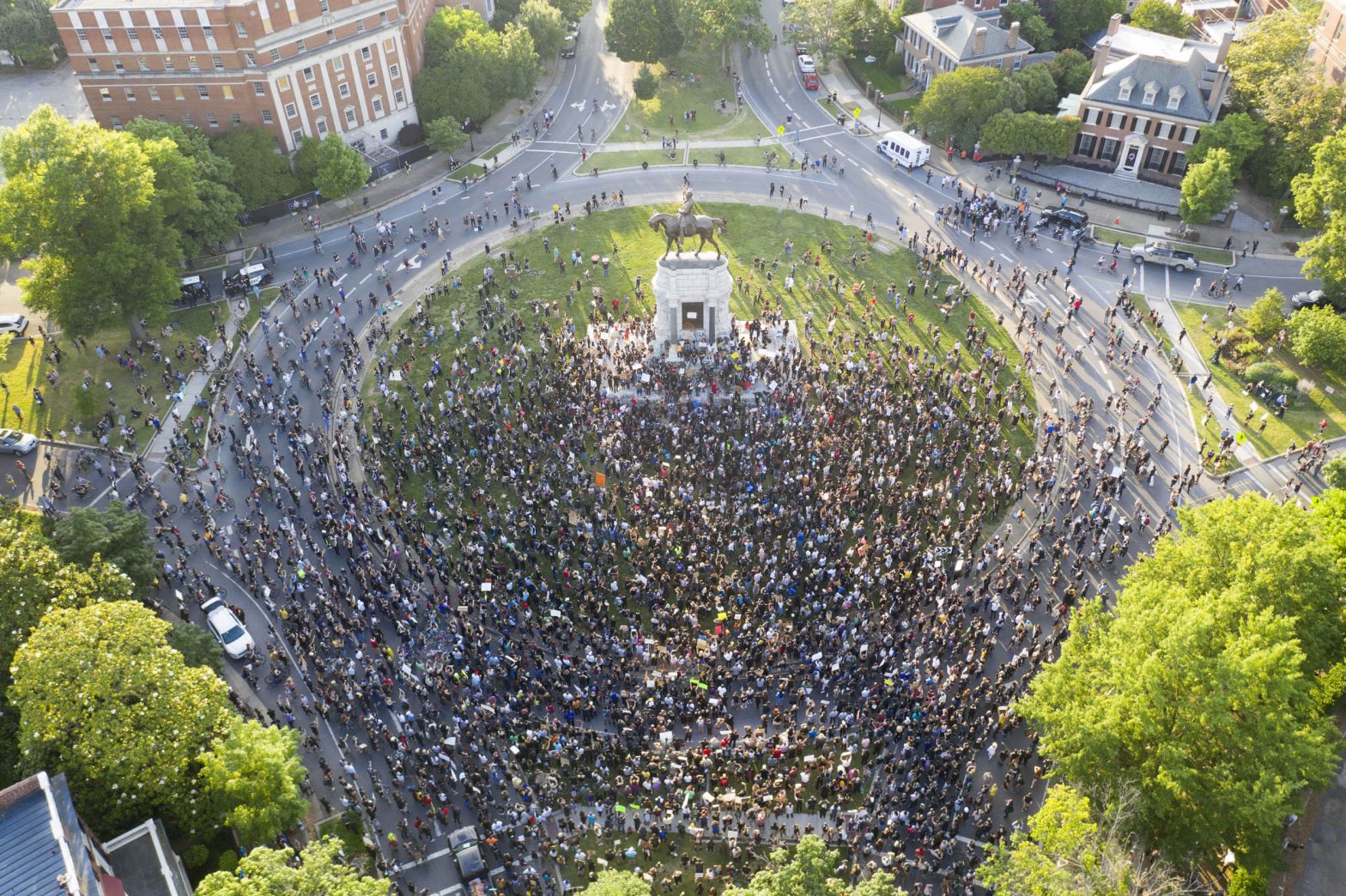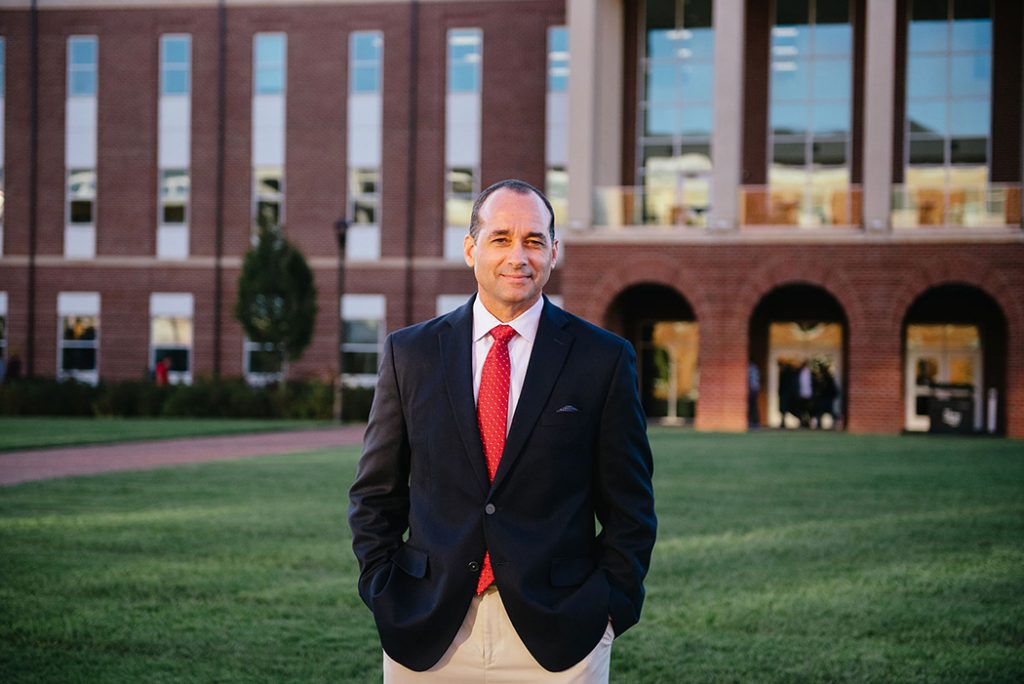By Megan Irvin
At first, produce distribution might not sound all that exciting. But imagine a world where your favorite restaurants don’t have the fresh lettuce, sweet corn, and tangy tomatoes they need to create their specials—it’s a dark image.
For 20 years, Denise and Steve Yetzer have kept that from happening. The pair runs Cavalier Produce, which distributes fresh ingredients to restaurants throughout the area. From the moment they bought the business—then called Four Seasons Produce—the Yetzers found that highlighting local farmers and purveyors in central Virginia and connecting them with chefs, restaurateurs, and the community is extremely rewarding work.
In Charlottesville, the pair strove for something special: “We envisioned providing high-quality ingredients and excellent, personalized service to people who are passionate about creating great food,” says Denise Yetzer. “Our company has always focused on building great relationships—with our vendors, our customers, and our team.”
Though 2001 marked the couple’s first time running their own business, it was not their first foray into the produce world. The duo found themselves hooked on the industry after working in the field in different roles in the Washington, D.C., area—Denise as a produce importer and wholesaler and Steve in an operations role.
But as the Yetzers’ wholesale division grew, space increasingly became an issue, and in 2014, they made the difficult decision to close the Belmont retail operation that had been part of the original business. Now, they focus solely on providing high-quality ingredients to the restaurant and food service industry.
Brian Helleberg, owner of Fleurie and Petit Pois, says the secret to his restaurant’s long-term relationship with Cavalier Produce is the customer service. “Cavalier has been great to work with,” Helleberg says. “Denise, Steve, and Spencer [Cavalier’s customer care manager and local program coordinator] have always treated us as valuable customers and continue to nurture our relationship…which I value since we work with them every day.”
Of course, the key to the company’s success is also its produce. “Shop seasonally, shop fresh, shop local,” says Denise Yetzer. “It is a great time of year to visit local farmers markets, to get to know what is available locally and support local farmers and producers.”
Last year brought new challenges for the business with the coronavirus pandemic. “The restaurant and food service industry were dramatically impacted, as well as the entire food industry, from growers to shippers and distributors,” says Denise. “No one was insulated from the closures and health concerns of the pandemic. It was a very difficult year, and we are so proud of our staff and customers who weathered the storm with us.”
Early in the pandemic, Cavalier Produce felt it had to do something, leading to the Industry Tight food box program, which distributed fresh produce boxes to food service workers who had lost their jobs due to COVID-19 (at no cost to recipients). The company also began selling directly to the public through its Buy A Box, Give A Box initiative, reaching consumers who wanted to take advantage of online ordering of fresh produce, grocery items, dairy, and meats while also giving back to those in need. More than 3,000 boxes were sponsored, and Cavalier continues to support the local community through food donations.
Today, Cavalier services over 500 customers a week, delivering fresh produce, meats, cheese, and specialty items on a daily basis. The company’s 66-person team works with customers throughout central Virginia, from Charlottesville to Blacksburg to Richmond to Virginia Beach, and everywhere in between.
Always at the mercy of mother nature, the changing seasons and weather events guide menus and product availability, and keep things interesting for the team. Denise says not a day goes by that they aren’t looking for an unusual ingredient, running a last-minute delivery, or fulfilling a special request.
“Food connects people,” she says. “Building relationships and helping chefs put their best food forward by helping them service their customers well—that is really what it has always been about. The food and the people. We are honored to be here and so grateful for the opportunity to do what we do.”
